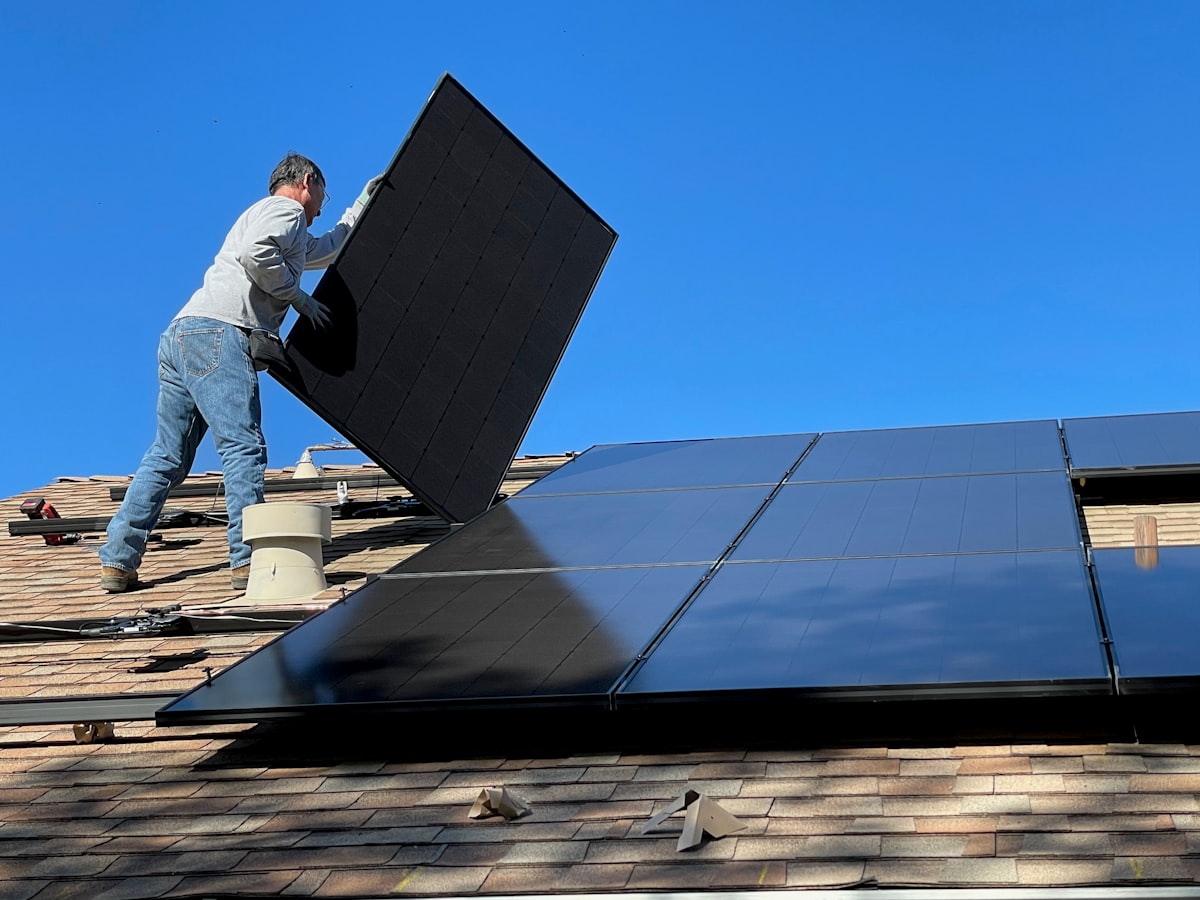Binational project on renewable energies gets a boost
Technological solutions are being implemented in Mexican homes. Among them are biodigesters, DC refrigerators, and water heaters that work with photovoltaic systems.

The Institute of Renewable Energies (IER) of the UNAM and the University of Birmingham, England, is promoting an initiative to implement renewable energy equipment and eco-technologies for domestic use in Mexican homes of families living in energy poverty.
This is "Mitigation of energy poverty with a focus on capabilities through innovative community solutions" (CaPAS), an academic plan that, beyond providing renewable energy equipment, seeks to raise awareness about the importance of the resource in daily life and to publicize the operation of clean alternatives.
"It is a binational project that we are working on jointly with the United Kingdom and Mexico. It is multidisciplinary, we have the participation of different disciplines of social sciences, humanities, and hard sciences, and it is focused on how we use energy in Mexican homes," explained Karla Cedano Villavicencio, IER researcher and co-leader of this work.
Among the technologies offered, the expert mentioned the biodigester, DC refrigerator; water heaters and pumping, lighting, photovoltaic system, stove, ecological stove Patsari, and a boiler or water heater coupled to a stove, technologies that use solar energy for its operation.
During a virtual workshop attended by academics and professional experts in the field, including co-leader Harriet Thomson of the University of Birmingham, Cedano Villavicencio explained that CaPAS is possible thanks to the support of the National Council for Science and Technology (Conacyt) and the British Council. On the Mexican side, UNAM's Institute for Research on Ecosystems and Sustainability also collaborates, as does the Newton Fund Impact Scheme in the case of England.
It has four plans that interact with each other. "The first thing we did was a new index to evaluate energy poverty in communities; then we generated inclusive knowledge, that is, we involved the people we work within an important way to be able to implement technological solutions because it is about generating social innovation through the construction of knowledge in a participatory way."
The third work package was to implement the solutions in cooperation, and the fourth was to develop and evaluate a tool that will be useful for those who participate. So far, CaPAS members are working with families in Atlautla, the State of Mexico, and Cuetzalan, Puebla. They will soon implement it in Amayuca, Morelos, and Tzentzénguaro, Michoacán.
Among the work they carry out, they highlight the monitoring of the physical conditions of homes; installation of energy technologies; live research activities via WhatsApp and telephone; as well as qualitative and demographic data analysis. With these activities, inclusive knowledge is generated, with emphasis on the capabilities of all people in the household, and the idea of energy as a way to achieve wellbeing.
The exercises carried out with the families include deciding which services are related to various life skills, i.e., physical and mental wellbeing, communication, learning and knowledge, social participation, time autonomy, and a free, safe and healthy environment.
Among the impacts of the project, it is to be the first case to integrate and compare methodologies to the ways of measuring energy poverty; the social, because it helps to improve the satisfaction of energy needs; and the institutional, because it implies the development of a guiding methodology for the adequate adoption of energy technologies.




